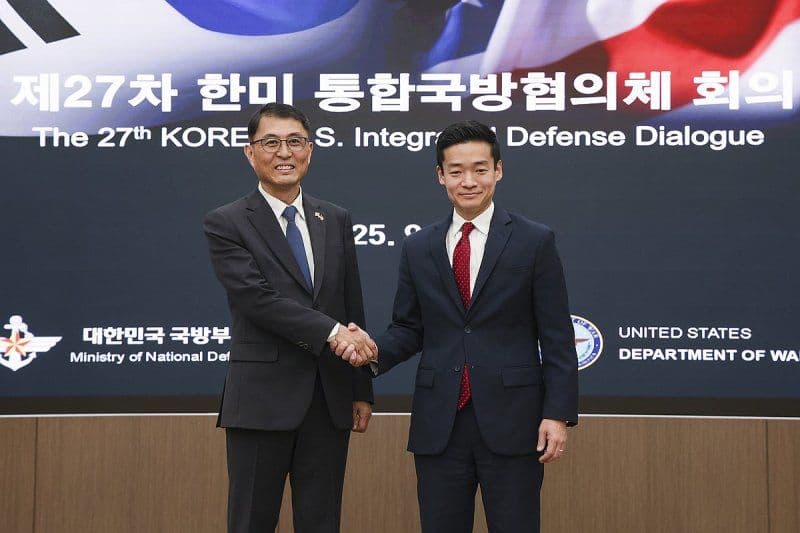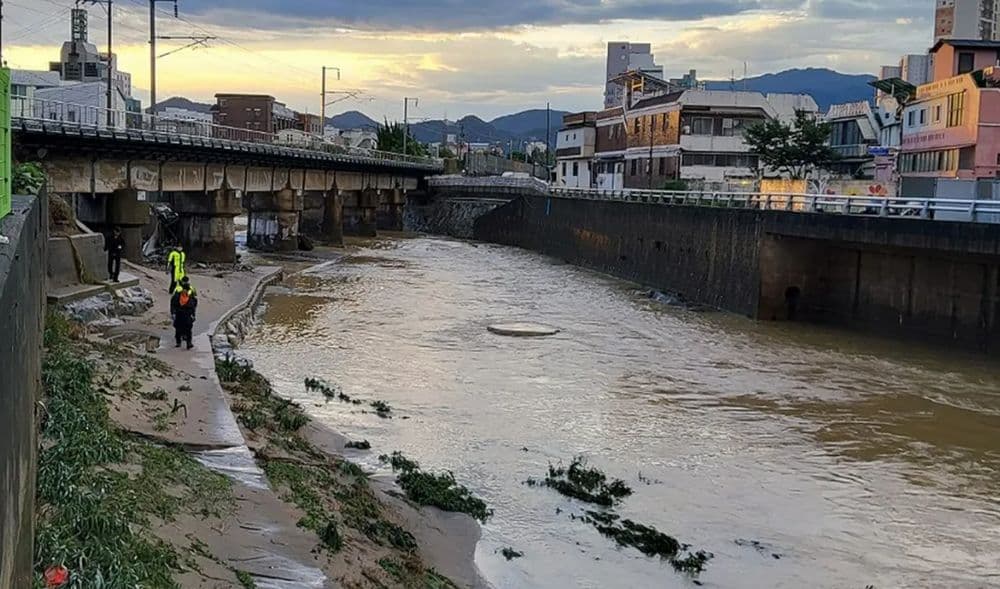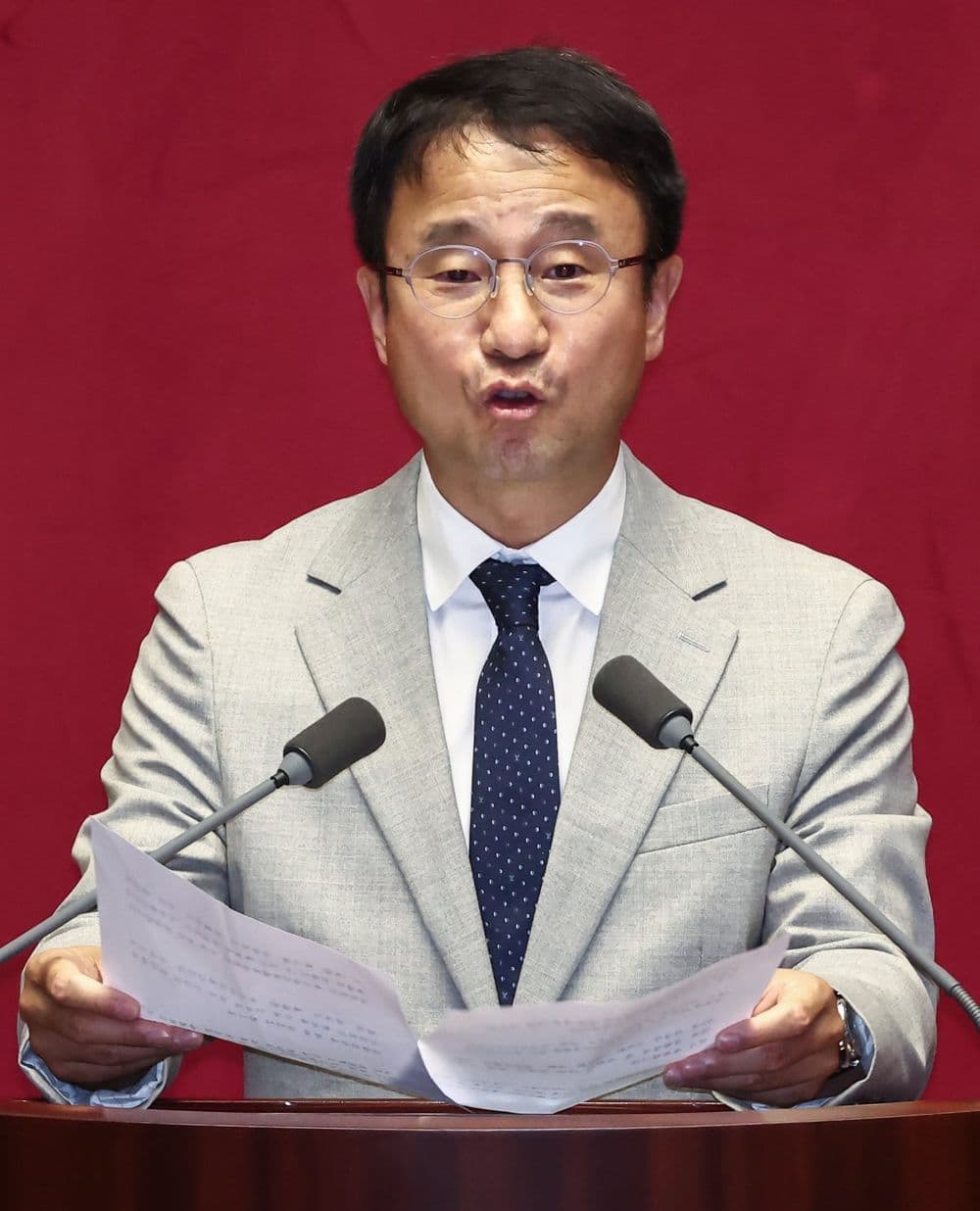Why Seoul Must Drive an Active OPCON Shift

Setting the Stage: Korea’s Call for Active Leadership
South Korean think tanks convened in late July 2025 to urge a shift from passive OPCON recovery to an active, condition-based transfer led by Seoul. At a forum hosted by the Choi Jong-hyun Academy, experts including Kim Jeong-seop and Jeon Jae-sung stressed that Korea should seize a strategic opportunity rather than wait for U.S. timing, framing the move as alliance innovation rather than mere sovereignty restoration.
Discussion extended beyond OPCON to include economic levers with China, conditional inter-Korean cooperation, and AI ecosystem survival strategies.
Voices from the Forum: Strategic and Pragmatic Takes

Kim Jeong-seop warned that clinging to the status quo endangers deterrence, advocating sustained U.S. troop presence while designing the alliance’s future from Korea’s strategic goals. Professor Jeon Jae-sung proposed integrating economic diplomacy with China and nuanced North Korea engagement, forming a multidimensional deterrent package. Former Unification Minister Hong Yong-pyo urged moving beyond binary pragmatism to confront North Korea’s true character, insisting that dialogue serve as a means, not an end.
Mixed Reactions Online: Blogs and Community Buzz
Naver and Tistory blogs have exploded with diverse takes: some critique the fiscal burden of a rapid OPCON shift, citing upfront costs of over 35 trillion KRW, while others celebrate national pride in a Korea-led command. Netizen polls on Daum café show 76.6% support for immediate transfer, but concerns linger about U.S. guarantee dilution. Representative comments range from enthusiastic “Finally owning our defense” to cautionary “Don’t rush and risk readiness.”
Cultural Insight: What Foreign Readers Should Know
Understanding Korea’s “jungryak” culture—valuing adaptive strategy and stakes-based diplomacy—illuminates why experts favor an active pivot. Korea’s modern security challenges blend conventional threats with cyber and nuclear risks, making alliance flexibility vital. Overseas fans of K-drama know that narrative twists often hinge on seizing the initiative; similarly, Seoul’s push for an active OPCON shift reflects a broader cultural readiness to lead in uncertain times.
Discover More

Final Missing Person Found Amid Gwangju Flood Tragedy
After record monsoon rains, a nine-day search in Gwangju ended with the last missing 80-year-old found near Sangmudae Bridge, showcasing communal strength amid crisis.

Han Byung-do’s grassroots laws win him the Constitutional Achievement Award
Representative Han Byung-do secured the Constitutional Achievement Award for his prolific grassroots legislation, thorough audit role, and deep community engagement, earning praise across social and blog communities.